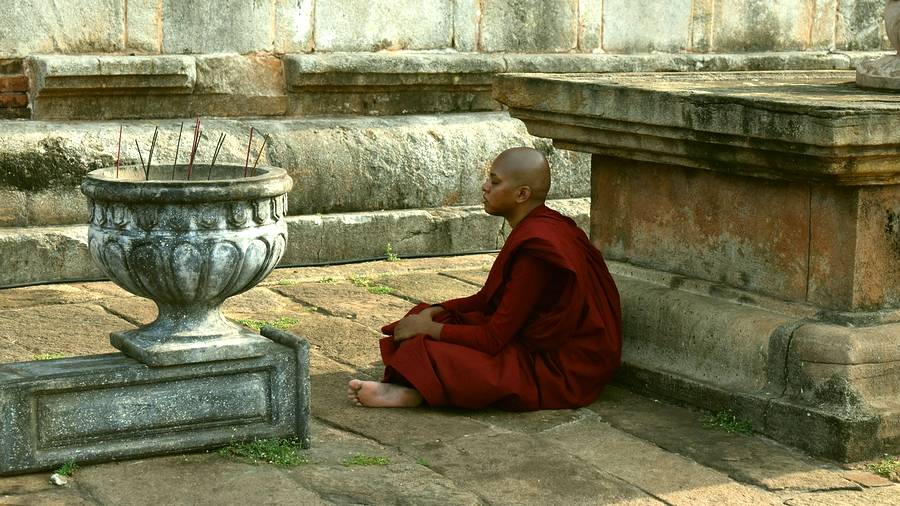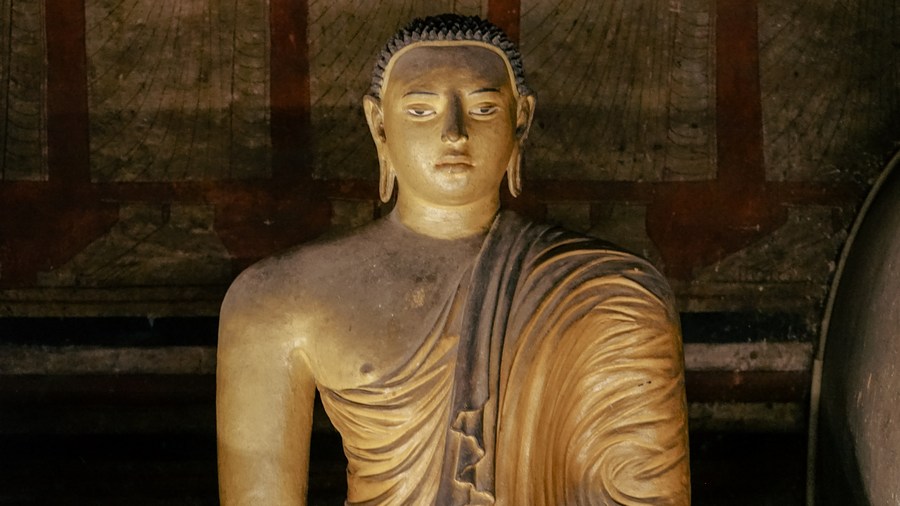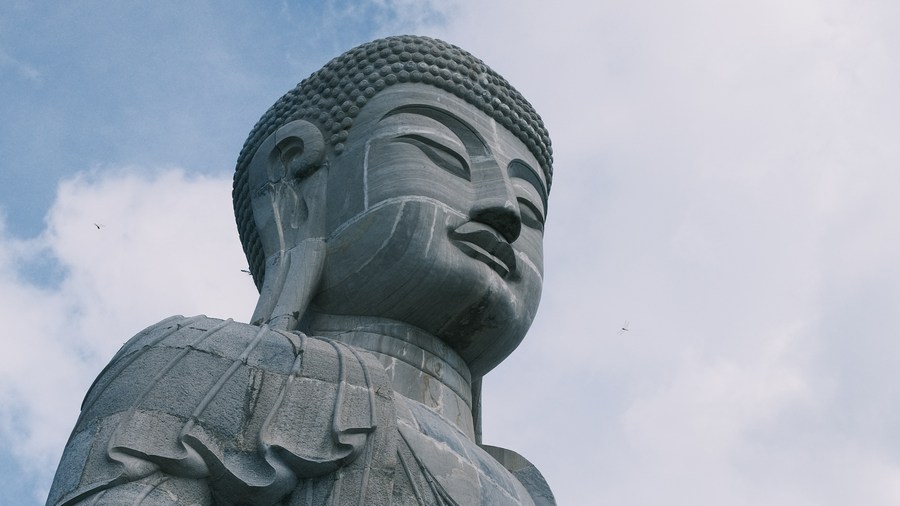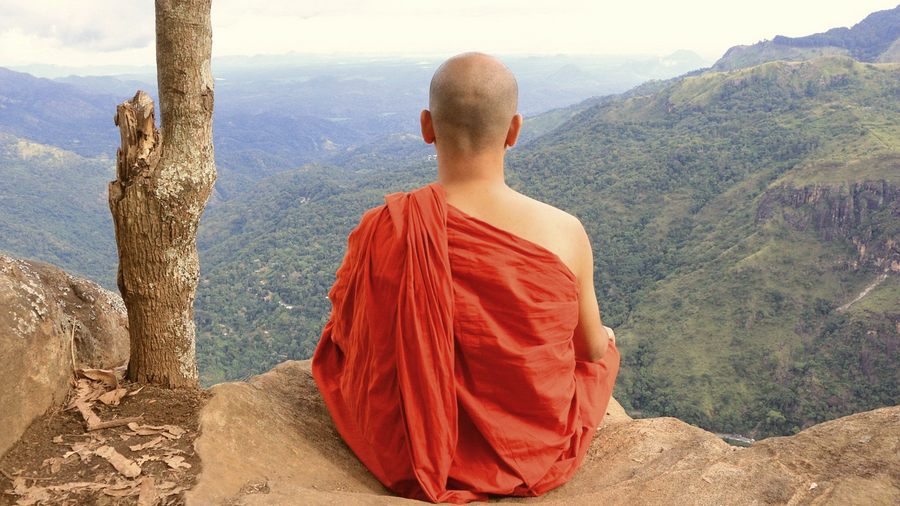[Note: This is the second half of the sutta. You can find a more detailed explanation of the Noble Truths in DN 22 Mahāsatipaṭṭhāna.]
2. Observing the Feelings
…And how does a mendicant meditate observing an aspect of feelings?
It’s when a mendicant who feels a pleasant feeling knows: ‘I feel a pleasant feeling.’
When they feel a painful feeling, they know: ‘I feel a painful feeling.’
When they feel a neutral feeling, they know: ‘I feel a neutral feeling.’
When they feel a pleasant feeling of the flesh, they know: ‘I feel a pleasant feeling of the flesh.’
When they feel a pleasant feeling not of the flesh, they know: ‘I feel a pleasant feeling not of the flesh.’
When they feel a material painful feeling, they know: ‘I feel a material painful feeling.’
When they feel a painful feeling not of the flesh, they know: ‘I feel a painful feeling not of the flesh.’
When they feel a material neutral feeling, they know: ‘I feel a material neutral feeling.’
When they feel a neutral feeling not of the flesh, they know: ‘I feel a neutral feeling not of the flesh.’
And so they meditate observing an aspect of feelings internally, externally, and both internally and externally. They meditate observing feelings as liable to originate, as liable to vanish, and as liable to both originate and vanish. Or mindfulness is established that feelings exist, to the extent necessary for knowledge and mindfulness. They meditate independent, not grasping at anything in the world.
That’s how a mendicant meditates by observing an aspect of feelings.
3. Observing the Mind
And how does a mendicant meditate observing an aspect of the mind?
It’s when a mendicant understands mind with greed as ‘mind with greed,’ and mind without greed as ‘mind without greed.’ They understand mind with hate as ‘mind with hate,’ and mind without hate as ‘mind without hate.’ They understand mind with delusion as ‘mind with delusion,’ and mind without delusion as ‘mind without delusion.’ They know constricted mind as ‘constricted mind,’ and scattered mind as ‘scattered mind.’ They know expansive mind as ‘expansive mind,’ and unexpansive mind as ‘unexpansive mind.’ They know mind that is not supreme as ‘mind that is not supreme,’ and mind that is supreme as ‘mind that is supreme.’ They know mind immersed in samādhi as ‘mind immersed in samādhi,’ and mind not immersed in samādhi as ‘mind not immersed in samādhi.’ They know freed mind as ‘freed mind,’ and unfreed mind as ‘unfreed mind.’
And so they meditate observing an aspect of the mind internally, externally, and both internally and externally. They meditate observing the mind as liable to originate, as liable to vanish, and as liable to both originate and vanish. Or mindfulness is established that the mind exists, to the extent necessary for knowledge and mindfulness. They meditate independent, not grasping at anything in the world.
That’s how a mendicant meditates by observing an aspect of the mind.
4. Observing Principles
4.1. The Hindrances
And how does a mendicant meditate observing an aspect of principles?
It’s when a mendicant meditates by observing an aspect of principles with respect to the five hindrances. And how does a mendicant meditate observing an aspect of principles with respect to the five hindrances?
It’s when a mendicant who has sensual desire in them understands: ‘I have sensual desire in me.’ When they don’t have sensual desire in them, they understand: ‘I don’t have sensual desire in me.’ They understand how sensual desire arises; how, when it’s already arisen, it’s given up; and how, once it’s given up, it doesn’t arise again in the future.
When they have ill will in them, they understand: ‘I have ill will in me.’ When they don’t have ill will in them, they understand: ‘I don’t have ill will in me.’ They understand how ill will arises; how, when it’s already arisen, it’s given up; and how, once it’s given up, it doesn’t arise again in the future.
When they have dullness and drowsiness in them, they understand: ‘I have dullness and drowsiness in me.’ When they don’t have dullness and drowsiness in them, they understand: ‘I don’t have dullness and drowsiness in me.’ They understand how dullness and drowsiness arise; how, when they’ve already arisen, they’re given up; and how, once they’re given up, they don’t arise again in the future.
When they have restlessness and remorse in them, they understand: ‘I have restlessness and remorse in me.’ When they don’t have restlessness and remorse in them, they understand: ‘I don’t have restlessness and remorse in me.’ They understand how restlessness and remorse arise; how, when they’ve already arisen, they’re given up; and how, once they’re given up, they don’t arise again in the future.
When they have doubt in them, they understand: ‘I have doubt in me.’ When they don’t have doubt in them, they understand: ‘I don’t have doubt in me.’ They understand how doubt arises; how, when it’s already arisen, it’s given up; and how, once it’s given up, it doesn’t arise again in the future.
And so they meditate observing an aspect of principles internally, externally, and both internally and externally. They meditate observing the principles as liable to originate, as liable to vanish, and as liable to both originate and vanish. Or mindfulness is established that principles exist, to the extent necessary for knowledge and mindfulness. They meditate independent, not grasping at anything in the world.
That’s how a mendicant meditates by observing an aspect of principles with respect to the five hindrances.
4.2. The Aggregates
Furthermore, a mendicant meditates by observing an aspect of principles with respect to the five grasping aggregates. And how does a mendicant meditate observing an aspect of principles with respect to the five grasping aggregates? It’s when a mendicant contemplates: ‘Such is form, such is the origin of form, such is the ending of form. Such is feeling, such is the origin of feeling, such is the ending of feeling. Such is perception, such is the origin of perception, such is the ending of perception. Such are choices, such is the origin of choices, such is the ending of choices. Such is consciousness, such is the origin of consciousness, such is the ending of consciousness.’
And so they meditate observing an aspect of principles internally …
That’s how a mendicant meditates by observing an aspect of principles with respect to the five grasping aggregates.
4.3. The Sense Fields
Furthermore, a mendicant meditates by observing an aspect of principles with respect to the six interior and exterior sense fields. And how does a mendicant meditate observing an aspect of principles with respect to the six interior and exterior sense fields?
It’s when a mendicant understands the eye, sights, and the fetter that arises dependent on both of these. They understand how the fetter that has not arisen comes to arise; how the arisen fetter comes to be abandoned; and how the abandoned fetter comes to not rise again in the future.
They understand the ear, sounds, and the fetter …
They understand the nose, smells, and the fetter …
They understand the tongue, tastes, and the fetter …
They understand the body, touches, and the fetter …
They understand the mind, ideas, and the fetter that arises dependent on both of these. They understand how the fetter that has not arisen comes to arise; how the arisen fetter comes to be abandoned; and how the abandoned fetter comes to not rise again in the future.
And so they meditate observing an aspect of principles internally …
That’s how a mendicant meditates by observing an aspect of principles with respect to the six internal and external sense fields.
4.4. The Awakening Factors
Furthermore, a mendicant meditates by observing an aspect of principles with respect to the seven awakening factors. And how does a mendicant meditate observing an aspect of principles with respect to the seven awakening factors?
It’s when a mendicant who has the awakening factor of mindfulness in them understands: ‘I have the awakening factor of mindfulness in me.’ When they don’t have the awakening factor of mindfulness in them, they understand: ‘I don’t have the awakening factor of mindfulness in me.’ They understand how the awakening factor of mindfulness that has not arisen comes to arise; and how the awakening factor of mindfulness that has arisen becomes fulfilled by development.
When they have the awakening factor of investigation of principles … energy … rapture … tranquility … immersion … equanimity in them, they understand: ‘I have the awakening factor of equanimity in me.’ When they don’t have the awakening factor of equanimity in them, they understand: ‘I don’t have the awakening factor of equanimity in me.’ They understand how the awakening factor of equanimity that has not arisen comes to arise; and how the awakening factor of equanimity that has arisen becomes fulfilled by development.
And so they meditate observing an aspect of principles internally, externally, and both internally and externally. They meditate observing the principles as liable to originate, as liable to vanish, and as liable to both originate and vanish. Or mindfulness is established that principles exist, to the extent necessary for knowledge and mindfulness. They meditate independent, not grasping at anything in the world.
That’s how a mendicant meditates by observing an aspect of principles with respect to the seven awakening factors.
4.5. The Truths
Furthermore, a mendicant meditates by observing an aspect of principles with respect to the four noble truths.
And how does a mendicant meditate observing an aspect of principles with respect to the four noble truths? It’s when a mendicant truly understands: ‘This is suffering’ … ‘This is the origin of suffering’ … ‘This is the cessation of suffering’ … ‘This is the practice that leads to the cessation of suffering.’
And so they meditate observing an aspect of principles internally, externally, and both internally and externally. They meditate observing the principles as liable to originate, as liable to vanish, and as liable to both originate and vanish. Or mindfulness is established that principles exist, to the extent necessary for knowledge and mindfulness. They meditate independent, not grasping at anything in the world.
That’s how a mendicant meditates by observing an aspect of principles with respect to the four noble truths.
Anyone who develops these four kinds of mindfulness meditation in this way for seven years can expect one of two results: enlightenment in the present life, or if there’s something left over, non-return.
Let alone seven years, anyone who develops these four kinds of mindfulness meditation in this way for six years … five years … four years … three years … two years … one year … seven months … six months … five months … four months … three months … two months … one month … a fortnight … Let alone a fortnight, anyone who develops these four kinds of mindfulness meditation in this way for seven days can expect one of two results: enlightenment in the present life, or if there’s something left over, non-return.
‘The four kinds of mindfulness meditation are the path to convergence. They are in order to purify sentient beings, to get past sorrow and crying, to make an end of pain and sadness, to discover the system, and to realize extinguishment.’ That’s what I said, and this is why I said it.”
That is what the Buddha said. Satisfied, the mendicants approved what the Buddha said.
Read the entire translation of Majjhima Nikāya 10 Satipaṭṭhānasutta: Mindfulness Meditation by Bhikkhu Sujato on SuttaCentral.net. Or read a different translation on SuttaCentral.net, SuttaFriends.org, DhammaTalks.org or AccessToInsight.org. Or listen on PaliAudio.com or SC-Voice.net. Or explore the Pali on DigitalPaliReader.online.
Or read a translation in Deutsch, Lietuvių Kalba, Polski, Русский, Srpski, বাংলা, Català, Čeština, Español, Suomi, Français, हिन्दी, Indonesian, Italiano, 日本語, 한국어/조선말, မြန်မာဘာသာ, Nederlands, Norsk, Português, සිංහල, Slovenščina, Svenska, ไทย, Tiếng Việt, or 汉语. Learn how to find your language.


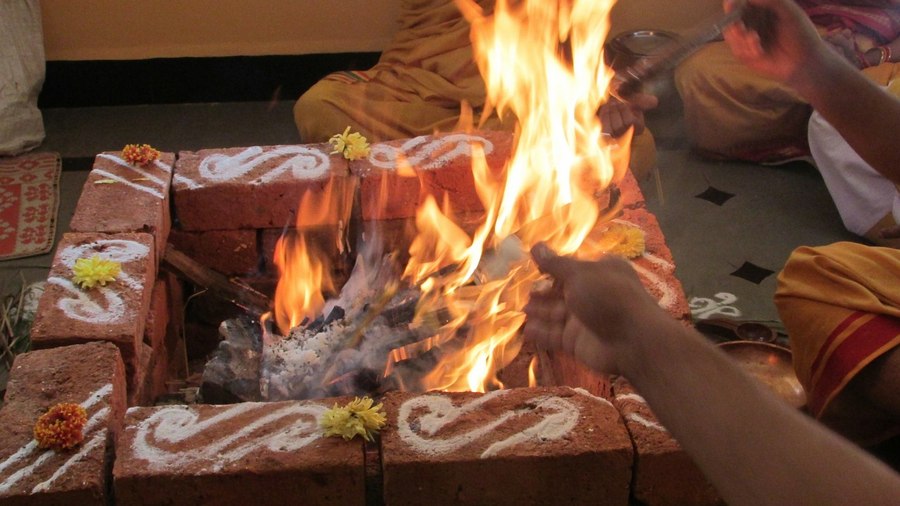

 Translations by Bhikkhu Ṭhanissaro are released under the Creative Commons Attribution-NonCommercial 4.0 Unported License. The author considers any sale, including by non-profit entities for non-profit purposes, to be ‘Commercial’ and a copyright violation. To view a copy of this license, visit the
Translations by Bhikkhu Ṭhanissaro are released under the Creative Commons Attribution-NonCommercial 4.0 Unported License. The author considers any sale, including by non-profit entities for non-profit purposes, to be ‘Commercial’ and a copyright violation. To view a copy of this license, visit the 
 Copyright: Creative Commons Zero (CC0) To the extent possible under law, Bhikkhu Sujato has waived all copyright and related or neighboring rights to his own translations on
Copyright: Creative Commons Zero (CC0) To the extent possible under law, Bhikkhu Sujato has waived all copyright and related or neighboring rights to his own translations on 

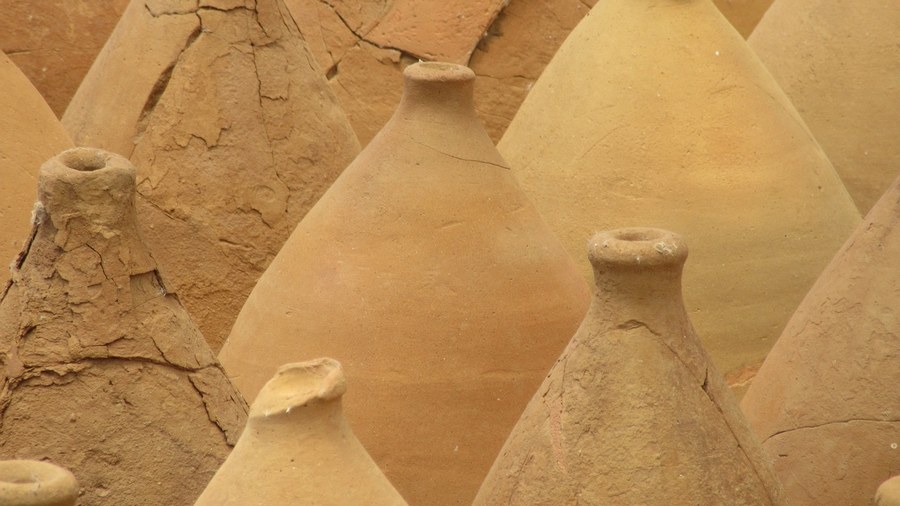
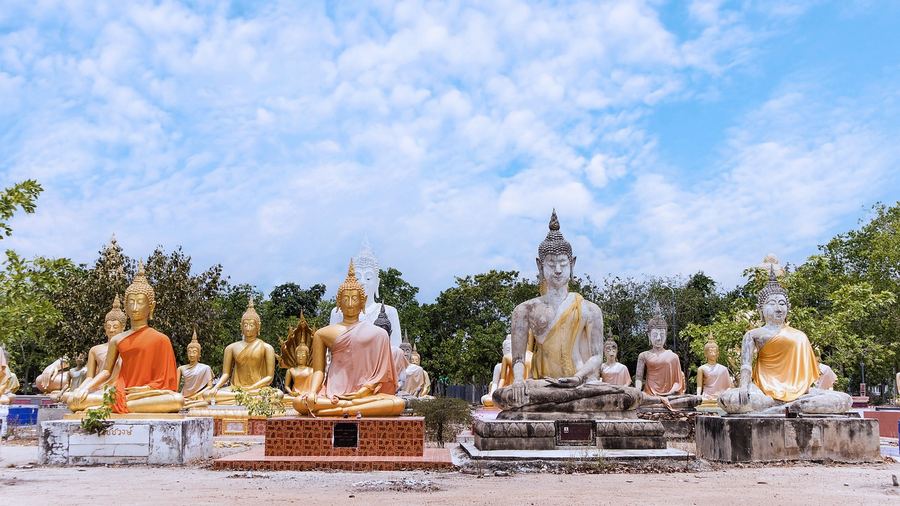


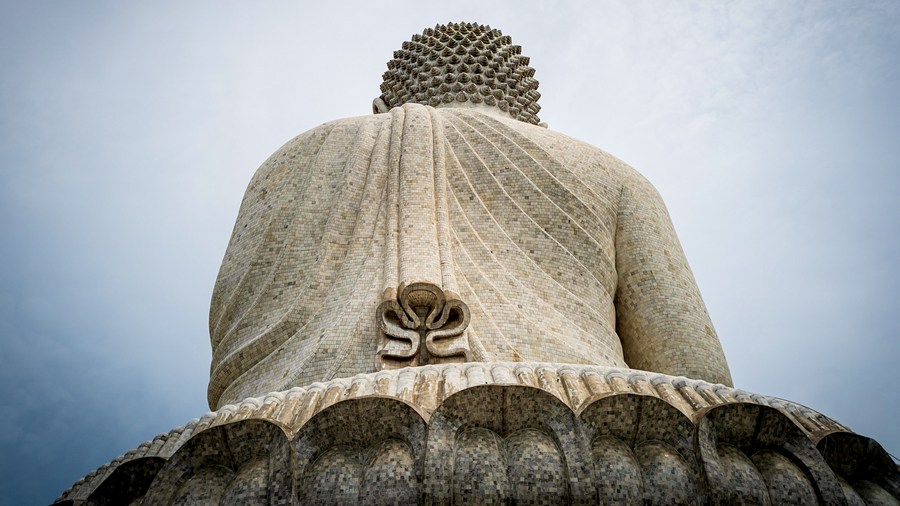
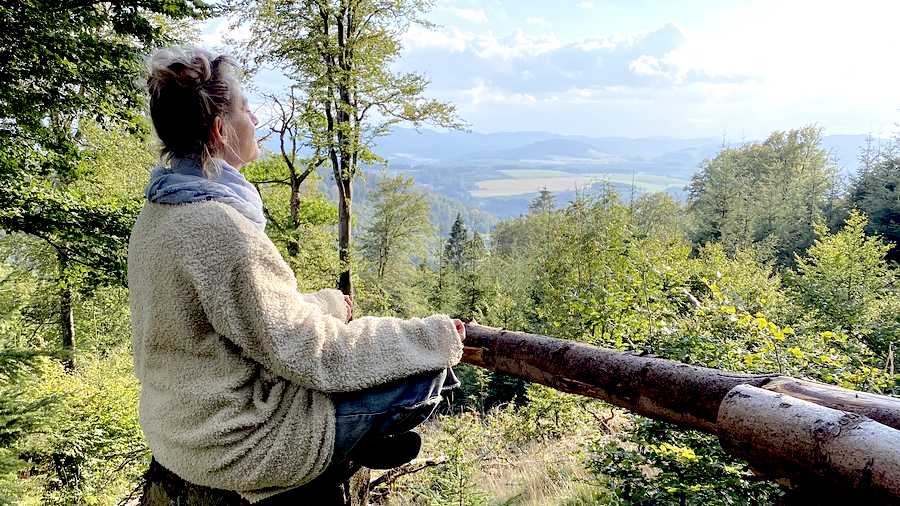
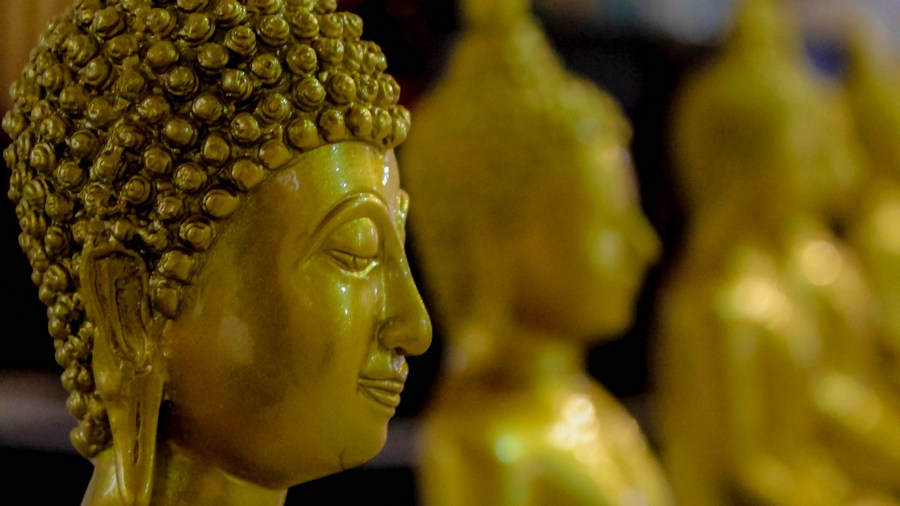
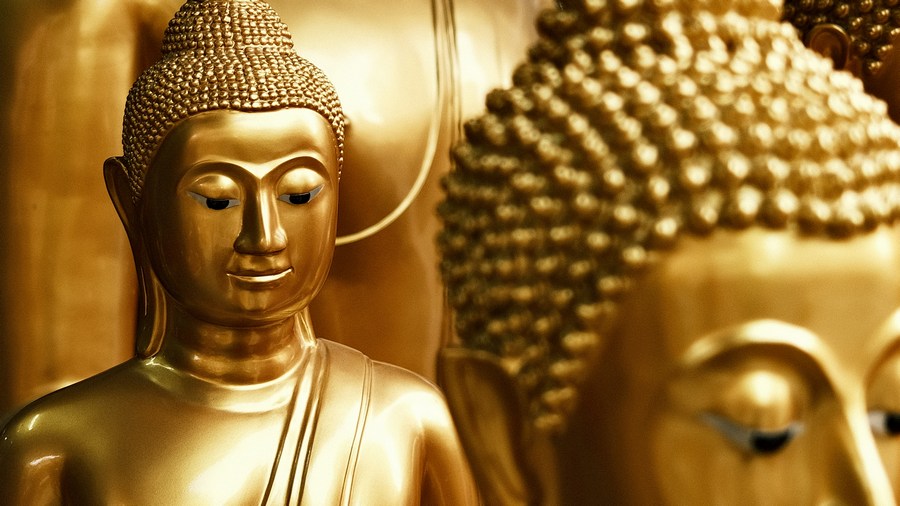


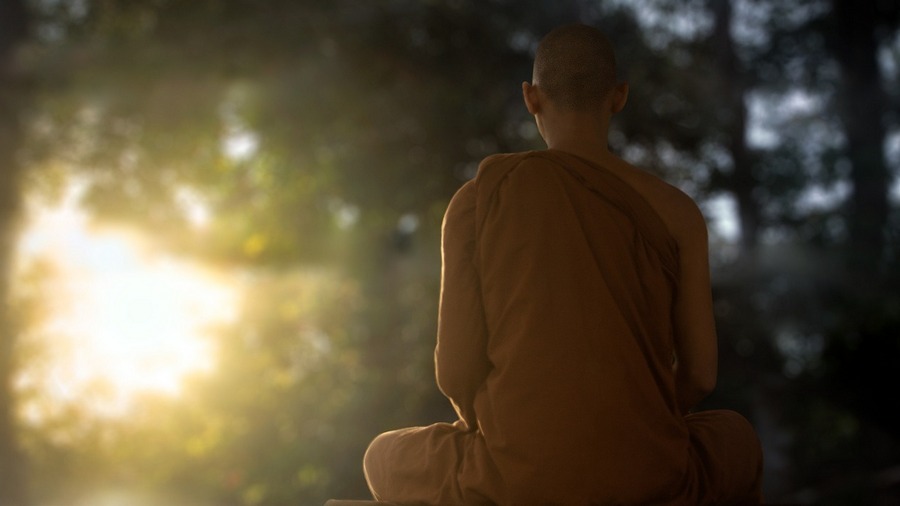
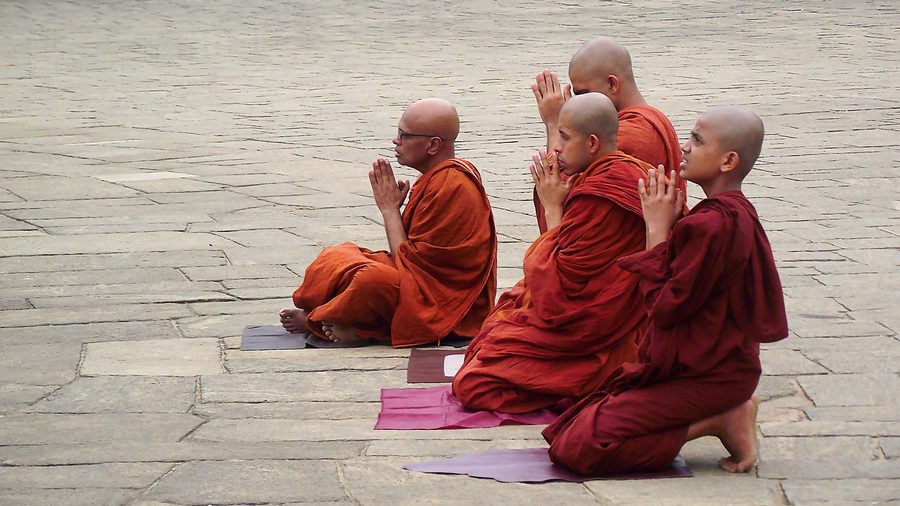


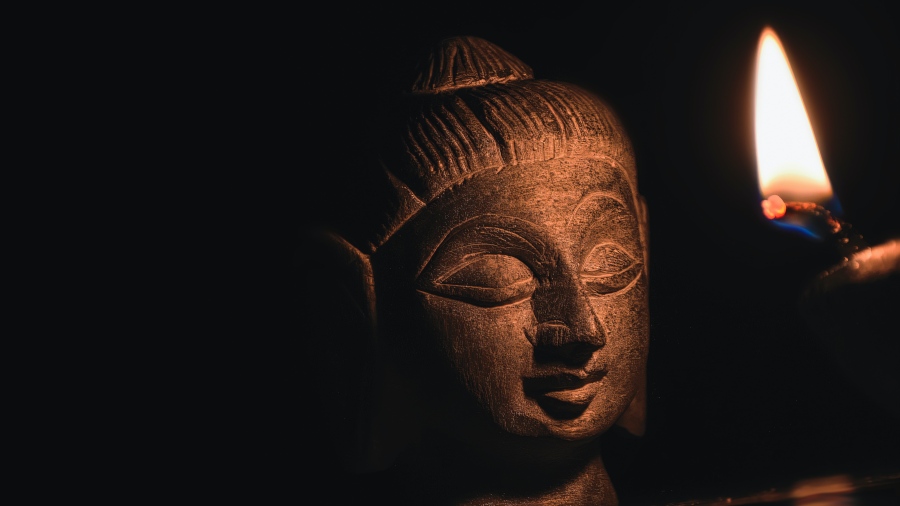
 All translations on this site by Bhikkhu Bodhi are licensed under a Creative Commons Attribution-NonCommercial-NoDerivs 3.0 Unported License.
Bhikkhu Bodhi, The Middle Length Discourses of the Buddha (Wisdom Publications, 2009), The Connected Discourses of the Buddha (Wisdom Publications, 2000), The Numerical Discourses of the Buddha (Wisdom Publications, 2012).
All translations on this site by Bhikkhu Bodhi are licensed under a Creative Commons Attribution-NonCommercial-NoDerivs 3.0 Unported License.
Bhikkhu Bodhi, The Middle Length Discourses of the Buddha (Wisdom Publications, 2009), The Connected Discourses of the Buddha (Wisdom Publications, 2000), The Numerical Discourses of the Buddha (Wisdom Publications, 2012).

